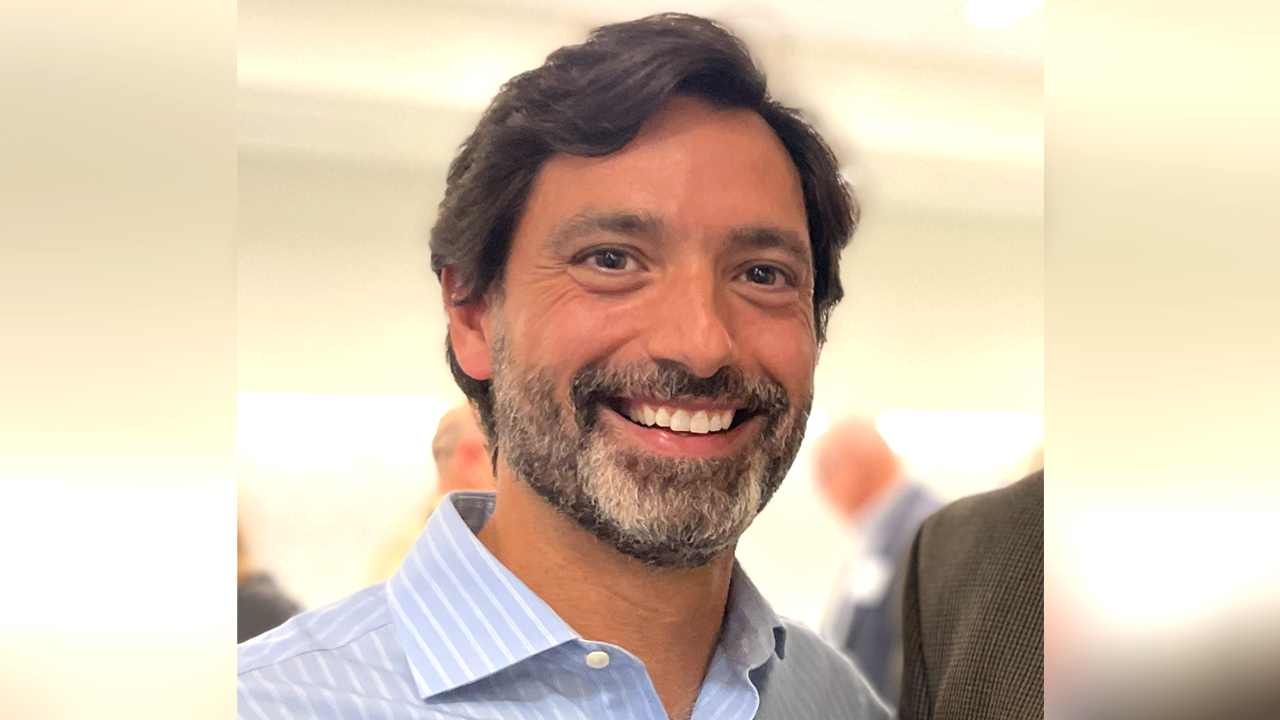
Meet Dr. Joao S. Orvalho
Dr. Joao S. Orvalho DVM, Dipl. ACVIM
Specialty: Cardiology
Years at the clinic
17 years at the UC Davis Veterinary Medical Center – San Diego. 20 years total at UC Davis.
Pets at home
Poppy (Labradoodle), Matisse and Vincent (Maine Coon cats), and Norman and Waffles (Guinea pigs).
What is your favorite case story?

One of my favorite recent stories is about Mocha, a Chocolate Labradoodle. He was going to be euthanized at an overpopulated local shelter due to a congenital heart defect (patent ductus arteriosus – PDA) that was causing early congestive heart failure. We performed a minimally invasive procedure (PDA occlusion) and corrected the defect, with the financial support of a generous donor. Mocha did very well and was adopted to his new family.
One of my favorite all-time stories is Gao Gao (“Tall Tall”), the giant panda who we diagnosed with pulmonic stenosis and right heart failure, and treated for many years in collaboration with the great veterinary team of the San Diego Zoo. Eventually he returned safely home to live in the China Conservation and Research Center for Giant Pandas.
Are there any recent advancements or breakthroughs in cardiology that pet owners should be aware of?
Degenerative valve disease (myxomatous valvular degeneration) is the most commonly diagnosed acquired heart disease in dogs. New guidelines for the medical treatment of this disease and new minimally invasive repair surgeries are available for these patients, even when there are no clinical signs of heart disease. Early diagnosis and management of the disease can make a big difference!
In regards to cats, there are also new medical therapy options which may improve the quality of life of cats with hypertrophic cardiomyopathy (HCM), the most common type of heart disease in cats.
What is your advice for helping to keep your pet out of the cardiologist’s office?
Annual/biannual exams with the primary veterinarian, healthy diet and appropriate exercise may be the most important factors to help prevent cardiology visits.
